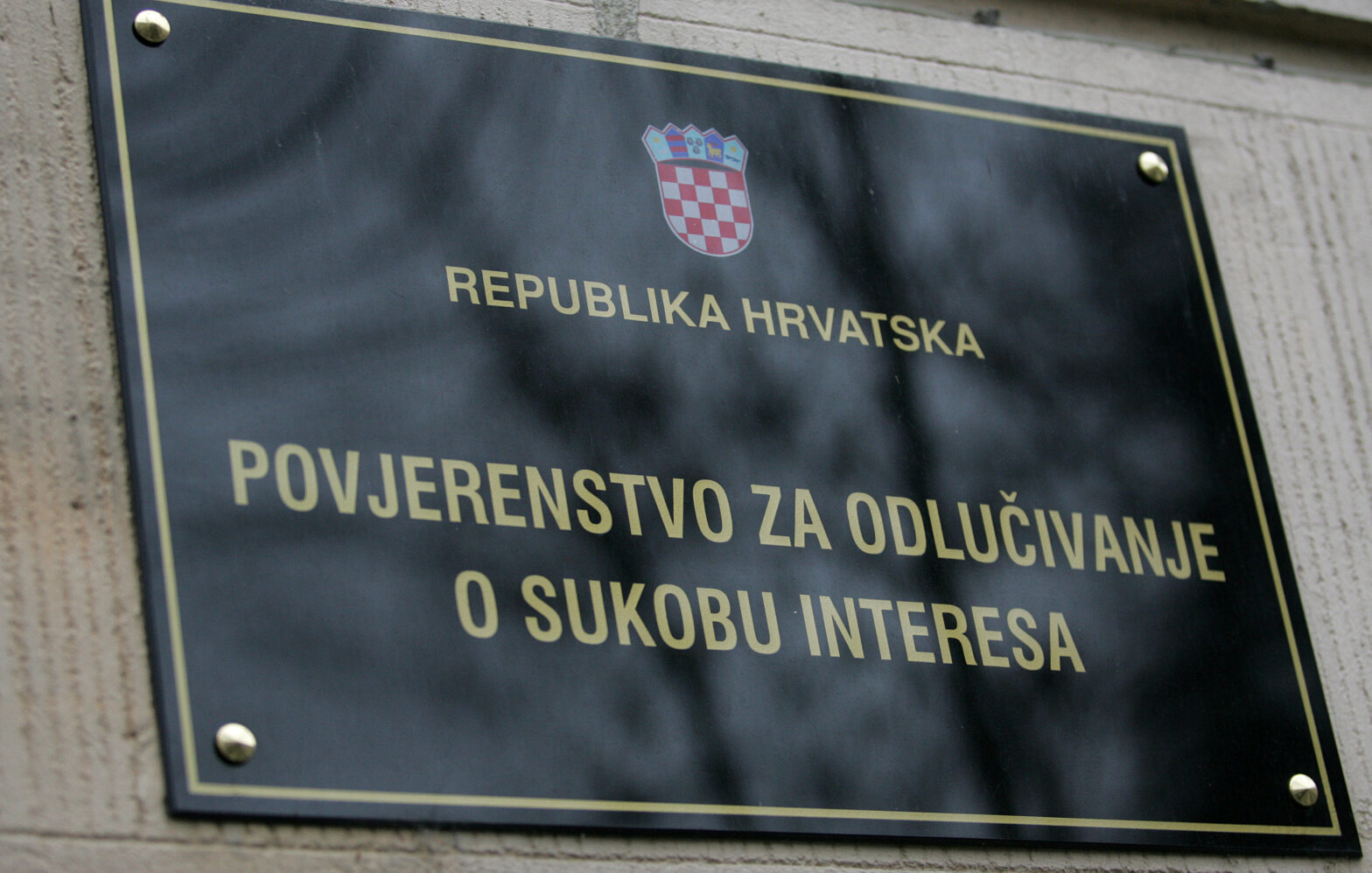Conflict of interest is an extremely complex social, political and legal concept which has recently been gaining importance in numerous countries. The number of public functions encompassed by conflict of interest management policies is increasing as well as the number of instruments used and the density of regulation. General public is becoming more interested in this topic and there are several reasons for those trends.
The GONG’s analysis shows that the key problem of the Croatian system of conflict of interest lies in the legislative framework, which does not provide a basis for development of a meaningful policy for managing conflict of interest. The existing law promotes a false interpretation of conflict of interest, with a tendency to criminalize conflict of interest. Such faulty notion within the law is evident in the annulment of non-constitutional competences of the Commission by the Constitutional Court decision. In addition, such lack of understanding of conflict of interest leads to use of strong sanctions and instruments and neglects soft instruments based on self-compliance to ethical standards.
The current law is faulty also in regard to the designated subjects. It stipulates that it is applied exclusively to state officials, but, at the same time, it is not even clear who can be considered a state official. This has a negative impact on raising awareness in Croatian public on the complex issue of conflict of interest due to the existing interpretation that some holders of public offices cannot be in conflict of interest because they are not direct subjects to the Law. However, it should pertain to all persons who participate in any decision making processes regarding public issues.
Therefore, GONG proposes significant amendments to the Act on Prevention of Conflict of Interest in order to reaffirm the interpretation of conflict of interest as an expected and normal situation that can and must be managed. Details are available in the Summary of GONG’s analysis on conflict of interest.
